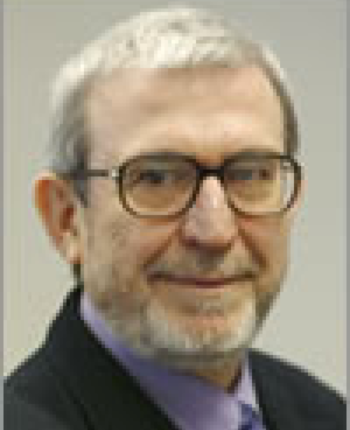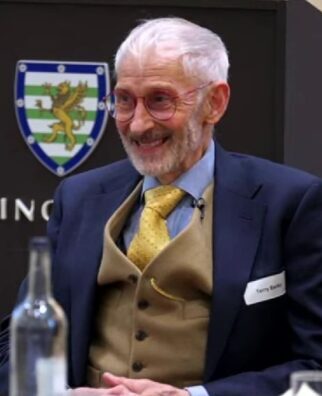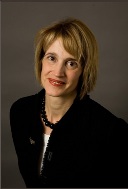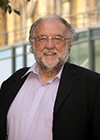The New Economics as ‘Mainstream’ Economics
Speakers

Professor Philip Arestis
Trustee, CTNTE

Prof Terry Barker
Founder, CTNTE

Dr Andrew Brown

Prof Jing Chen

Prof Gary Dymski

Prof Korkut Erturk

Prof Jesús Ferreiro

Prof Giuseppe Fontana

Prof Teresa Ghilarducci

Prof Geoff Harcourt

Dr Wendy Harcourt

Prof Eckhard Hein

Dr John McCombie

Dr Alfonso Palacio-Vera

Prof Malcolm Sawyer

Prof Felipe Serrano

Dr David Spencer

Prof Irene van Staveren

Prof Engelbert Stockhammer

Dr Achim Truger
Purpose of conference
